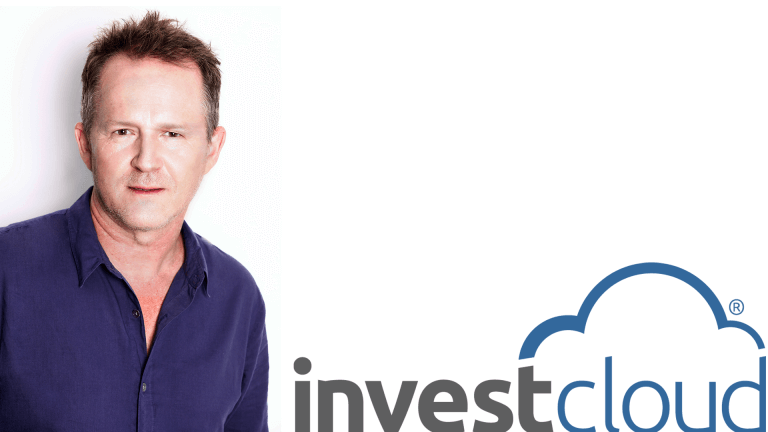James Codling, Managing Director of VentureFounders
With a growing total value of £1.78bn, the UK alternative finance market is currently the largest in Europe. Within this market, equity-based crowdfunding is rapidly gaining traction, with a growth of 600% between 2012 and 2013.
Crowdfunding in its purest form can offer seed-stage businesses a great opportunity to seek investment outside of friends and family. However, a lot of the opportunities available via crowdfunding sites have not undergone the rigorous due diligence and valuation evaluation undertaken by venture capitalists or angel networks.
While many of the businesses raising funds through crowdfunding sites offer benefits to investors, the profit to be made from investing in these companies is yet to be proven, with few exits taking place since the crowdfunding boom.
Recent reforms to pensions and the possible introduction of an alternative finance ISA will have a positive impact on the alternative investment market. The benefits offered by alternative investment models are attracting sophisticated investors, who are looking to invest in a crowdfunding-type model. Many of the alternative investment options currently dominating the market are not tailored to this audience. This breed of investor is less part of the ‘crowd’ looking to support a business they personally like, but is more interested in backing smart investments that are likely to return a profit.
So what can we expect from alternative finance in the coming years?
Much of the future of the alternative finance market will be driven by investor demand. As the sophisticated investor takes more of an interest in the alternative finance market, those that lead will be the investment platforms that fully understand this audience’s needs and preferences.
Collaboration between alternative and traditional investment models
To make opportunities more attractive to shrewd investors, we will see alternative finance platforms partner with VCs and Angel investors to offer opportunities to co-invest in businesses that were previously only available through these networks. These traditional models will be keen to move into the alternative finance market in order to be more competitive – we have already seen this happen in the P2P market.
Giving individual investors access to this asset class also benefits the company raising funds by giving them a group of sophisticated investors to draw from for support, whilst maintaining close links to the powerful venture capitalists. This new co-investing model goes some way to bridge the gap between a crowdfunding approach and private equity finance.
As the market gains traction and further credibility, we will also see equity investments from alternative investment platforms being included in the list of ISA-eligible investments, much like the P2P loans that currently qualify for the Innovative Finance ISA to be launched next year.
Increased professional standards
With more emerging investment models, there will be a need for increased investor protection as alternative investment becomes mainstream. It is likely that the FCA will raise the minimum investment amount to minimise frivolous investing from those who do not understand the risks in investing in growth businesses.
There has also been a worrying trend towards celebrity-led brands using crowdfunding to inflate their valuation figures. As over-valued companies start to mature but not return the expected profit, we will see even more regulatory calls for transparency into a potential investment’s performance, plans and forecasts, in order to understand the true opportunity.
The introduction of more regulations is only a good thing for the alternative finance market as it helps to boost the image of the industry and in turn increase investor confidence.
Alternative finance emerging as a true asset class
Alternative finance will emerge as a true asset class as the market evolves and return metrics can be quantified. Early adopters will be joined by a broader investor base and sophisticated investors are likely to see it as an attractive place in which to invest and dedicate a portion of their portfolio. We should see a continual rise in the amount committed by individuals through alternative finance platforms.
This liquidity will be driven by several factors coming together. As the changes to pension regulation come in, investors will be looking for advice on alternative investment options. IFAs are seeing demand from their clients and are looking at ways to recommend alternative investment products to their clients, which will further raise awareness of the market. This, coupled with the inclusion of alternative finance investments in ISAs, will further build trust with investors, who will be willing to invest more in this credible market.
It is also likely that we will see asset managers offering alternative finance products as part of their product mix. Expect to see your pension fund dedicating a portion of its investable assets in to this space.
A new benchmark for success
Currently the success of an alternative finance platform is measured on how much it has raised for companies. Over the next three to five years platforms will be measured on how they benefit investors. As the companies currently receiving investment through alternative finance mature, the platforms that funded them will be measured on the success of the companies’ exits and return to investors.
This will be a turning point in the alternative finance market, with a shake-out of those platforms that have not managed to deliver the expected returns being snubbed by investors in favour of those that have a proven track record of delivering real returns.
A sustainable industry
In light of these predictions, we should continue to see more high-quality investment opportunities becoming accessible for individual investors, with the best opportunities no longer being reserved.
Find out more about VentureFounders
























